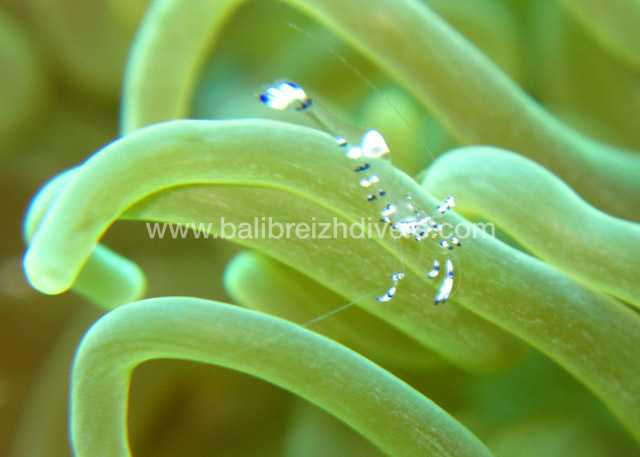The underwater world is magical but very fragile... Most of you already know this, but it is often good to give a reminder for amateurs or to inform the novices!
Protected in their limestone skeleton, corals are small, vulnerable animals living in immobile colonies. They can then form a huge reef barrier that protects coastal areas from waves, storms and erosion. Despite their "hard" appearance, corals are separated from their environment by a thin membrane that is essential to their health.




Coral reefs around the world are home to more than a million species of animals and plants. Corals are therefore essential for the proper functioning of marine biodiversity and for maintaining the balance of the food chain, but not only that. Did you know that half of the oxygen we breathe comes from the oceans? Reefs are the lungs of the ocean and are therefore essential for every living thing on the planet!
When corals die (due to disease, pollution, invasive species or irresponsible tourists), other plants and animals that depend on these reefs for protection and food also disappear.
Now that you know how important corals are to our planet, you will understand why we need to act as responsible tourists and divers. Here are some examples of eco-actions to follow underwater:
Make sure your equipment (pressure gauge, octopus, etc.) is securely attached;
Control your buoyancy and the movement of your fins;
Swim horizontally to avoid hitting the corals;
Pick up rubbish and objects of a human nature during your dives;
Do not bring back any corals or pieces of corals as a souvenir.
"When you dive, you should leave only bubbles and take only photos with you".
Simple gestures can also be adopted out of the water, for divers and non-divers of course!
Choose an eco-responsible diving centre that is committed to the protection of the sea bed;
Don't buy any souvenirs taken from the sea as they are often made from coral, shells or sharks' teeth... These objects contribute to the extinction of coral and marine areas;
Avoid applying sunscreen just before swimming as these products contain chemicals that are toxic to corals. Choose an environmentally friendly sunscreen instead;
On the boat or on the beach, do not throw any waste overboard;
Support committed organisations such as Project Aware and Coral Gardeners;
Be aware of your impact on the marine environment;
Inspire other divers, travellers and locals around the world to be environmentally aware and sensitive to coral;
Now you are ready to dive responsibly and enjoy the marine life while minimising your impact on the environment...
See you soon,
The BALI BREIZH DIVERS team


Comments